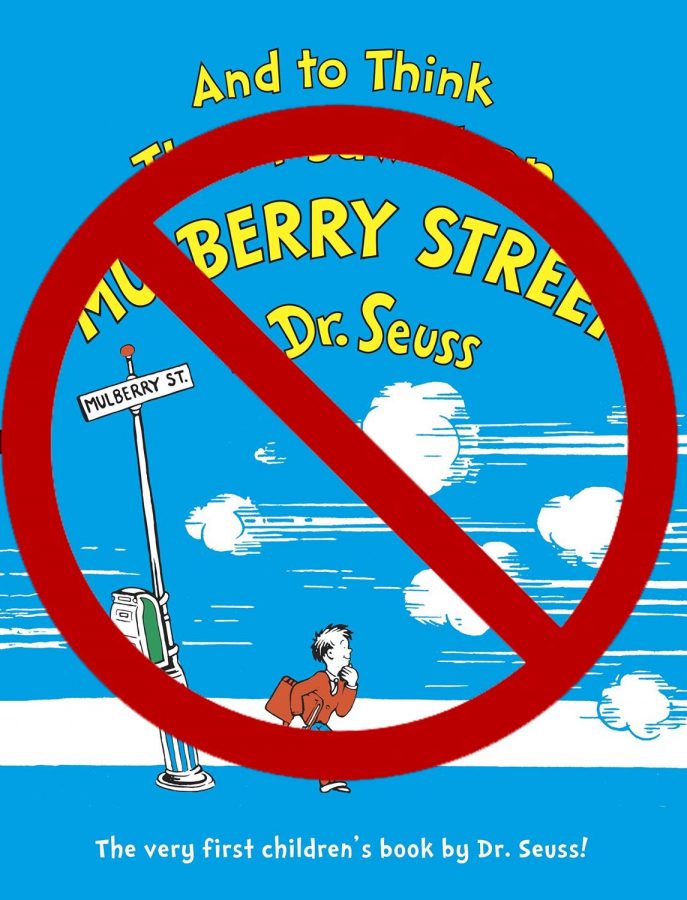Dr. Sus: Insensitive Storytelling
April 19, 2021
Theodore ‘Seuss’ Geisel, better known as, Dr. Seuss has written many entertaining children’s books. Over the years his popularity has grown tremendously, but with fame comes some controversy. Recently, six of his books have ceased from further publication. The books will not be published due to insensitive and racist imagery. The six books are “And to Think That I Saw It on Mulberry Street,” “If I Ran the Zoo,” “McElligot’s Pool,” “On Beyond Zebra!,” “Scrambled Eggs Super!,” and “The Cat’s Quizzer.”
With today’s awareness of insensitivity and the movements to correct past missteps, Dr. Seuss Enterprises decided to take matters into their own hands.
According to AP news.com, “Dr. Seuss Enterprises feels that these books portray people in ways that are hurtful and wrong.”
The company decided to remove the books from publication and made national headlines. This led many to question whether the removal of these books is necessary. English teacher, Amina Farah feels that the removal is unnecessary.
“I don’t see any purpose for us to stretch the whole issue,” Farah said. “ I don’t think they should be destroyed, but they should be relegated to part of our past.”
Racism is so prevalent in our society today and it can be found everywhere, for example, in the select few of Dr. Seuss’s children’s books we can see certain depictions of blatant stereotyping. Although students cannot learn from the text or pictures directly, Farah believes that the text can be used to show the common occurrences of racism that are put on display throughout our country regularly.
“If the teachers wanted to use the book to demonstrate how racism was so easily digested and presented, as an American norm, by looking at Dr. Seuss’s work then of course you can do that,” Farah said.
English teacher Susan Suarez agrees that the text of the Dr. Seuss books can be used to teach people in the future how things were during our times. Suarez believes that it could be used as a window into our past and even compares it to how the Nazi’s thought back during the Holocaust.
“I think that using it historically to educate is good, like, when you look at Nazi propaganda, it’s a way to teach what people actually said and accepted back in the day,” Suarez said. “If you don’t have that, to teach that, how else would people know what was really happening and how blatant some of the things could be?”
